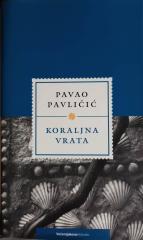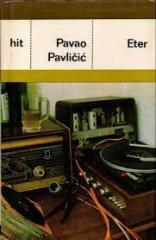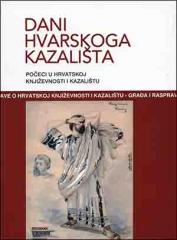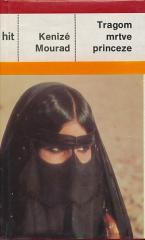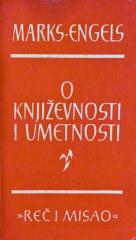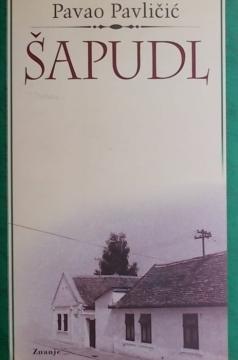
Šapudl
Pavao Pavličić, rođeni Vukovarac (1946.), u romanu Šapudl donosi duboko emotivnu autobiografsku priču o svom djetinjstvu i rodnom gradu. Jedna od najdirljivijih knjiga o Domovinskom ratu, hvaljena zbog autentičnosti i dubine.
Knjiga je nastala tijekom Domovinskog rata 1991., kada je Pavličić u časopisu Republika objavljivao fragmente o ulici Šapudl u Vukovaru, gdje je odrastao. Šapudl, naziv po lokalnoj riječi za "šapu" ili "petu", simbolizira tu specifičnu vukovarsku ulicu – mješavinu multietničke zajednice, svakodnevnog života i urbane kulture Slavonije.
Radnja se odvija u pedesetim i šezdesetim godinama prošlog stoljeća, kroz oči malog dječaka koji promatra obiteljski i susjedski svijet. Pavličić majstorski prikazuje Vukovar kao živu, multikulturalnu metropolu – s mađarskim, srpskim, hrvatskim i njemačkim utjecajima, trgovinama, rijekom Dunavom i industrijskim ambijentom. Djetinjstvo je obojeno radošću igara, ali i siromaštvom poslijeratnog razdoblja, obiteljskim odnosima, školskim avanturama i susretima s ekscentričnim likovima: bakom koja kuha po starim receptima, ocem radnikom, susjedima koji dijele priče. Knjiga evocira mirise kuhanog kruha, zvukove ulične galame i toplinu zajednice, ali nagovještava i tragove povijesnih trauma – od Drugog svjetskog rata do predosjećaja budućih sukoba.
Emocionalni vrhunac dolazi u proširenom dijelu, gdje Pavličić obrađuje rat 1991. i urbocid nad Vukovarom. Kao svjedok, opisuje uništenje grada, gubitke i poslijeratnu obnovu, dodajući 50 stranica o Vukovaru do danas: demografskim promjenama, memorijalima i borbi za očuvanje identiteta. Šapudl postaje metafora za izgubljeno, ali i otporno srce Vukovara – dirljiva elegija za domovinu koju rat razara, a sjećanje čuva.
Nema primjeraka u ponudi
Poslednji primjerak je nedavno prodan.
